What Types of Careers Will Esthetician School Prepare You For?

Are you looking for a rewarding career in an industry that’s expecting to see significant job growth by 2024? If that sounds like you, you may want to consider attending esthetician school to become a skincare specialist.
According to the U.S. Bureau of Labor Statistics, the number of jobs available for skincare specialists is expected to grow by 12 percent between 2014 and 2024, which is faster than average for all occupations. During that same timespan, the total number of skincare specialist jobs in the United States is projected to increase by 6,600.
What’s behind the increased demand for skincare specialists? The Bureau of Labor Statistics suspects a growing desire to minimize the effects of aging will drive job growth in this field.
How to Become an Esthetician
In general, becoming a skincare specialist requires you to attend makeup school or an esthetician or cosmetology program. Every state with the exception of Connecticut will also require you to pass a state exam to get a license.
When estheticians first enter the workforce, it’s not unusual for them to receive some additional training on the job. This is particularly true when recent make-up school graduates are working with chemicals.
Career Options for Esthetician School Graduates
While visions of makeup artists may automatically come to mind when you think of estheticians, there are many other career paths available to esthetician school graduates in addition to becoming a makeup artist. Here are some of the career options you may want to pursue once you’ve graduated from makeup school and earned your state license:
- Medical Esthetician: In this role, you’ll typically work closely with doctors like dermatologists to create skin care regimens for patients. You’ll normally participate in client consultations and make suggestions about the best products people can use to have the healthiest, best-looking skin possible.
- Brand Representative: As a brand representative, you’ll promote your products to other professionals who will then sell your products to their own clients. In this position, you’ll interact with make-up artists and salon and spa owners often to introduce new products and provide training about how your products should be used.
- Beauty Advisor: As a beauty advisor, you’ll sell items from your product line directly to members of the public. To succeed in this position, you must be knowledgeable about the products you sell, able to interact with others comfortably, and have exceptional sales skills.
- Cosmetics Buyer: Cosmetic buyers normally do a lot of traveling to attend events to stay on top of the latest trends in the cosmetics industry. In this role, you’ll select the cosmetic products that your employer will sell at its retail outlet.
- Beauty Writer: If you like to write, you may want to pursue a career as a beauty writer. You can write for a cosmetics company, freelance for several salons, or start your own beauty blog.
The career paths described above are just a few of the ones that are available to makeup school graduates. Esthetician school graduates can also find work as salon or spa owners or managers, instructors, brand trainers and educators, and state board licensing examiners and inspectors.
Are you interested in the career paths that will be available to you when you finish your studies at the State College of Beauty Culture and pass your state exam? Read about the career options you’ll enjoy when you graduate from our esthetician school and earn your state license now.




